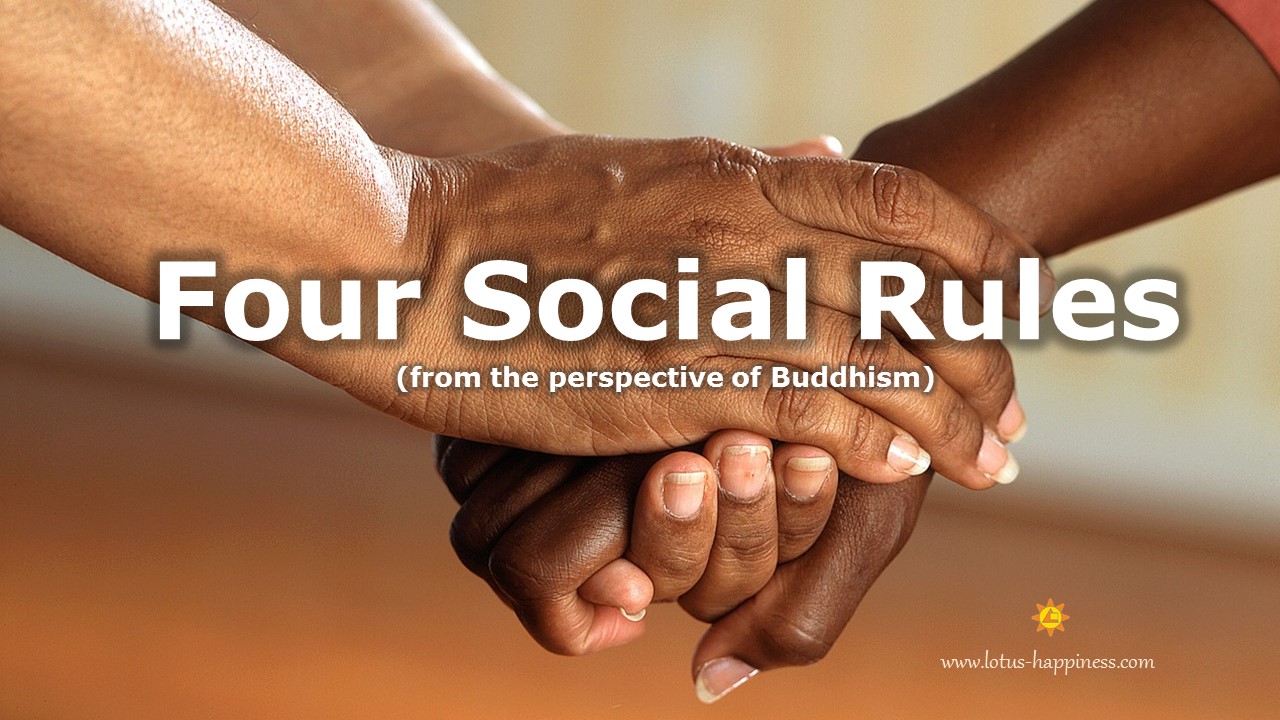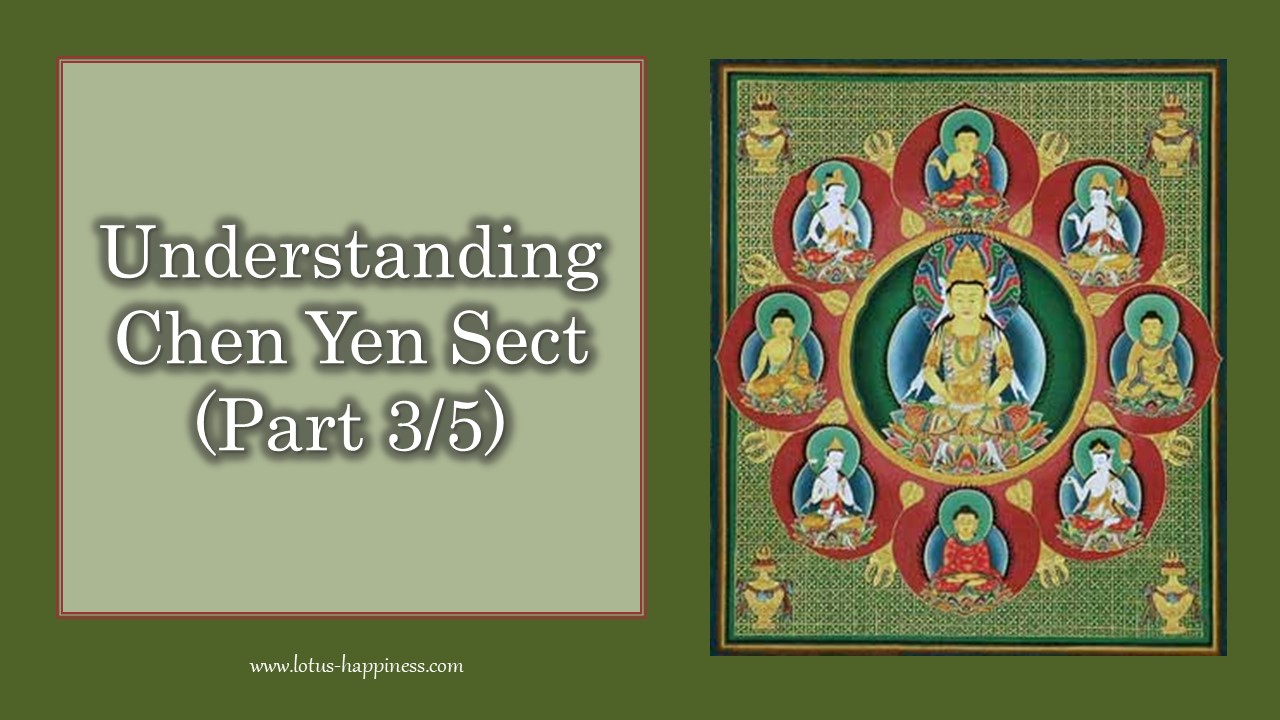
Four Social Rules
Ever wonder what are the social rules from the perspective of Buddhism?
There is a teaching named “The Four Social Rules” (四攝法) or “The Four Methods of Winning People.” These four methods are applied by bodhisattvas to influence and convince people of the power of Dharma in alleviating suffering and bringing happiness to all.
What are the Four Social Rules? They are:
#1 – Giving (布施)
The gift of tile Dhamma excels all gifts; the taste of the Dhamma excels all tastes; delight in the Dhamma excels all delights. – Dhammapada, verse 354
The first of the Six Paramita is Generosity. Giving is an expression of generosity. The act of giving takes many form, be it donating money, volunteering of efforts, offering kinds words of comfort and encouragement etc.
The most supreme giving is the gift of Dharma through dialogue. By sharing with people the joy of Buddhist practice, we can inspire hope and courage in others to transform sufferings into peace and happiness.
# 2 – Using kind words (愛語)
“Words have the power to both destroy and heal. When words are both true and kind, they can change our world.” – Buddha
One element of the Eightfold Path is Right Speech. What we speak – the content – is as important as how we speak – the style. Always be mindful to use words of loving-kindness, empathy, gratitude, and compassion whenever we speak.
Encouragement requires empathy and seeing the world from another person’s perspective. We must first recognize the situation and what is important at that moment. Only then can we give solid and relevant encouragement.
Two examples of how to use kind words:
Example 1:
(Start with empathy): I know we have caused you a great deal of trouble with the delayed start of construction.
(Express gratitude): I am very grateful for your continued support.
(End with Wish/Prayer/Blessings): I hope you can your team will finish the school safely and without incident.
Example 2:
(Start with empathy and end with the intention to inspire courage and confidence)
I’m sure this is a difficult time for you. Your father must also be going through a painful struggle. I can imagine that you feel frustrated and upset but I promise you that in the future this will all become an important treasure for your life.
#3 – Acting for the purpose of benefiting to them (利行)
“The thought manifests as the word. The word manifests as the deed. The deed develops into habit. And the habit hardens into character. So watch the thought and its ways with care. And let it spring from love, born out of concern for all beings.” – Buddha
Right Intention and Right Action are elements of the Eightfold Path. Whatever we do, we do with a noble purpose and intention to benefit others.
There are people who may outwardly do things in a polished manner, and yet with the selfish intention to benefit only themselves or to feed upon their egoistic pride. Undoubtedly, their endeavours will not be sustainable in the future.
As such, before we begin any endeavour, always start with a noble purpose and benevolent intention to benefit as many people as possible. Good intention is an expression of kindness and mindfulness.
#4 – Physically working together with them (同事)
“Coming together is a beginning; keeping together is progress; working together is success.” – Henry Ford
Another element of the Eightfold Path is Right Efforts. Working together in a team is by no means easy. However, most great endeavours in history can only be accomplished through a team of committed and talented people. While conflicts may be unavoidable, the importance of teamwork cannot be overemphasized.
We are living in a no-man island isolated from other people. Part of being social means engaging with people to achieve common objectives. Doing things together as a team in a community setting enables us to forge greater camaraderie and a sense of belonging.
Sangha is a community of bodhisattvas who work together with the mission to propagate the Dharma. Working together harmoniously is thus pivotal to ensure the Buddha’s teachings are preserved and transmitted for the benefit of many generations to come.











